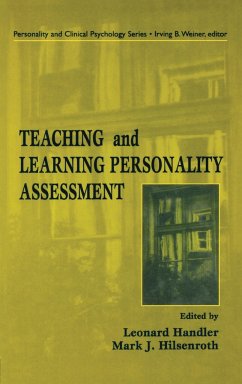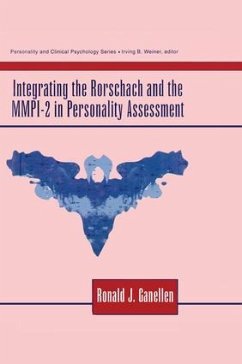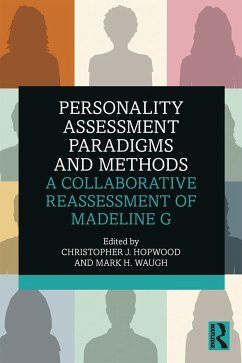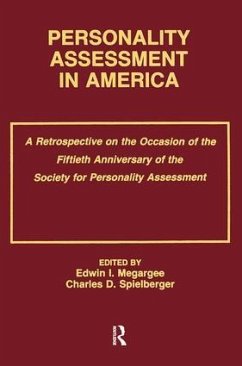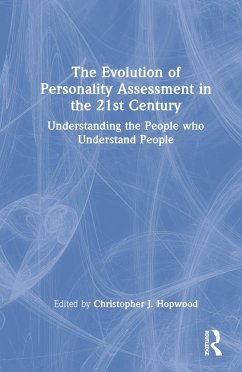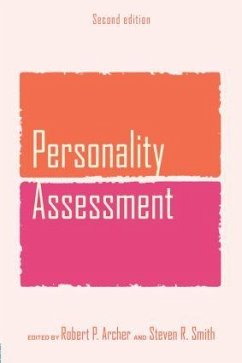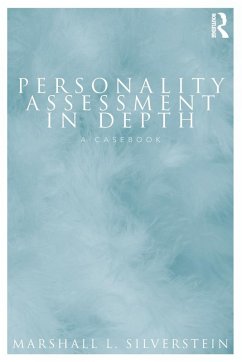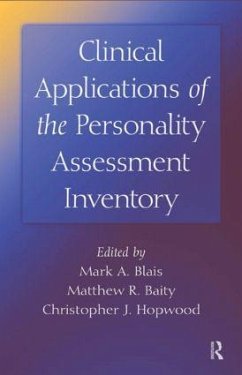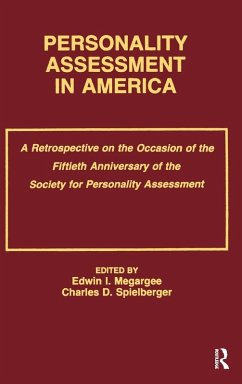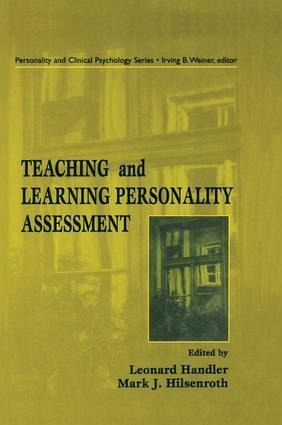
Teaching and Learning Personality Assessment

PAYBACK Punkte
34 °P sammeln!
How do we move from an understanding of the administration, scoring, and interpretation of responses on various personality assessment instruments to the ability to put our understanding into words and communicate it effectively to referral agents and to patients themselves? And how do we transmit that ability to students? Teaching and Learning Personality Assessment strives to fill a gap in the literature and in many training programs. The editors have assembled a group of renowned clinicians, noted not only for their own acumen in personality assessment but also for their teaching talent, wh...
How do we move from an understanding of the administration, scoring, and interpretation of responses on various personality assessment instruments to the ability to put our understanding into words and communicate it effectively to referral agents and to patients themselves? And how do we transmit that ability to students? Teaching and Learning Personality Assessment strives to fill a gap in the literature and in many training programs. The editors have assembled a group of renowned clinicians, noted not only for their own acumen in personality assessment but also for their teaching talent, who present in detail time-tested techniques for teaching assessment. Readers have the opportunity to "sit beside" these seasoned mentors and learn their special skills. Numerous examples illustrate the key concepts. For every instructor of personality assessment who has ever pondered ways to organize a course or to convey difficult material, and for every student who has worried about how to translate theory into practice, in the context of a course or on his or her own, this book will offer enlightenment and provide uniquely practical assistance. It will be important reading for psychologists and trainees at every level of experience. Its clear style, vivid anecdotes, frank discussion of disagreements in the field, and innovative ideas make it an excellent text for both introductory and advanced courses.





